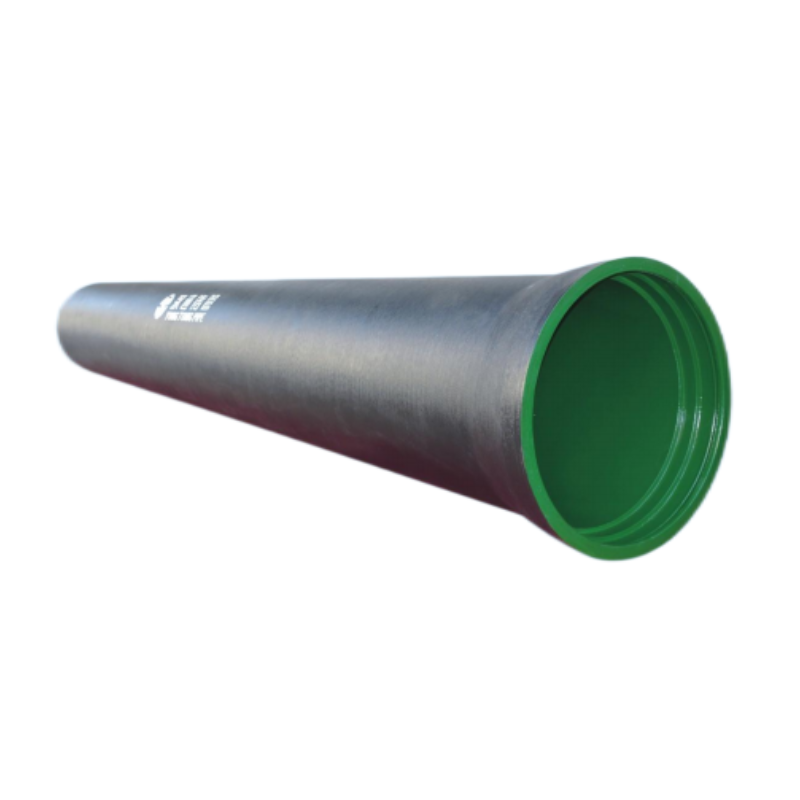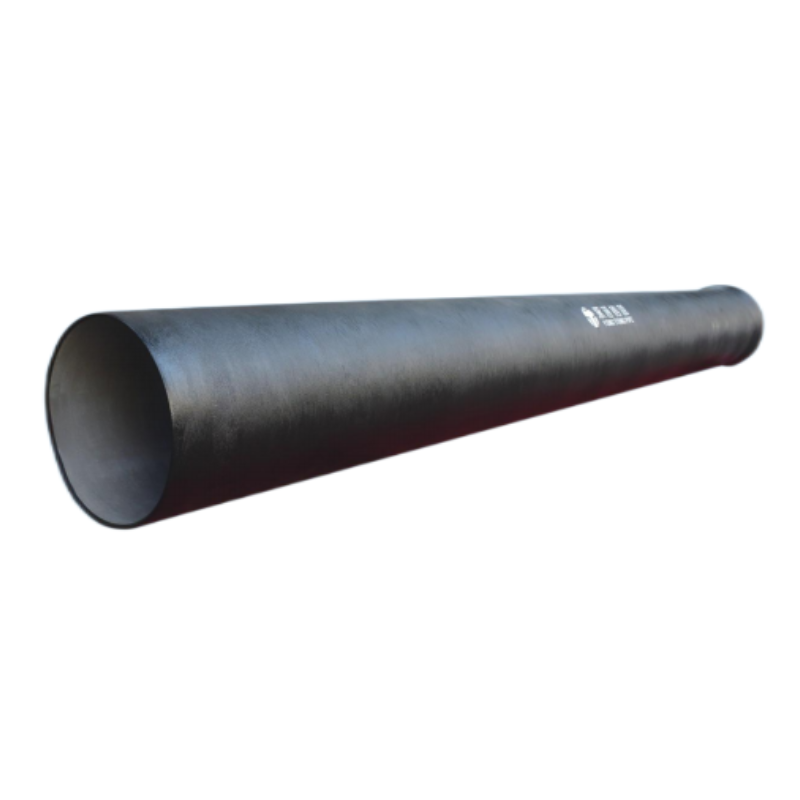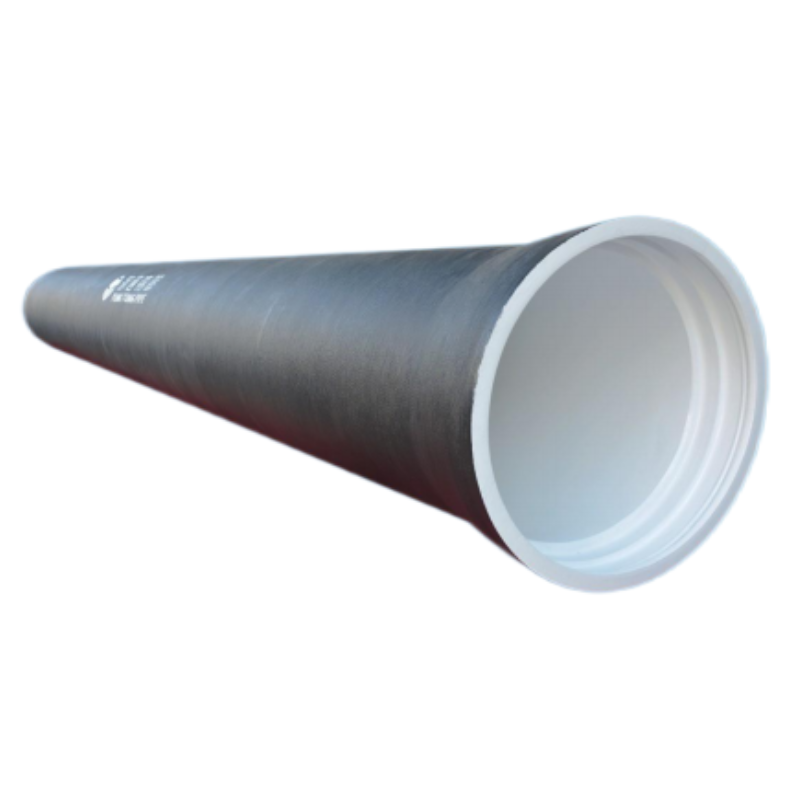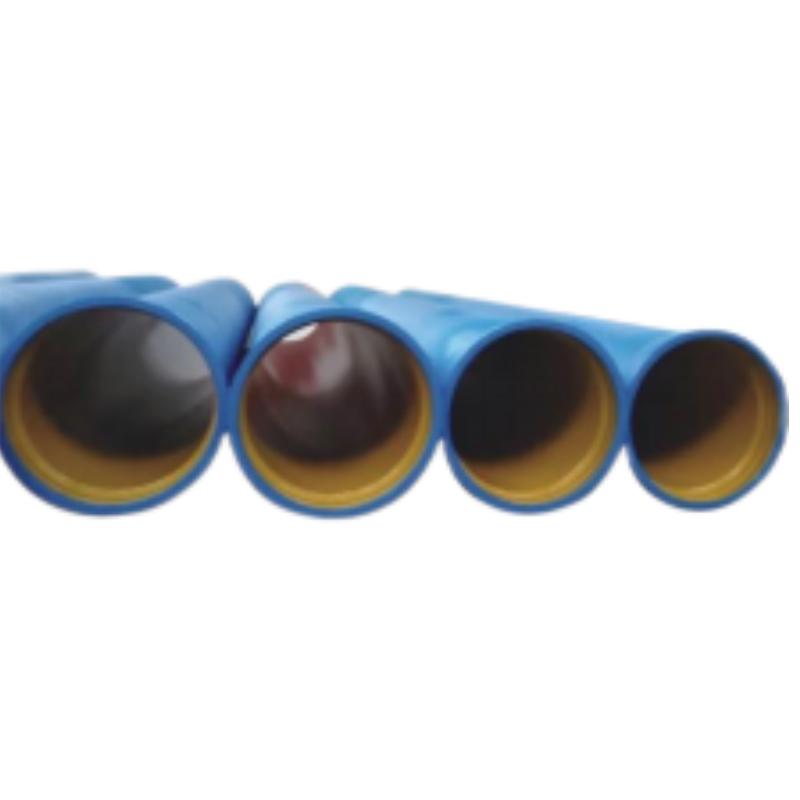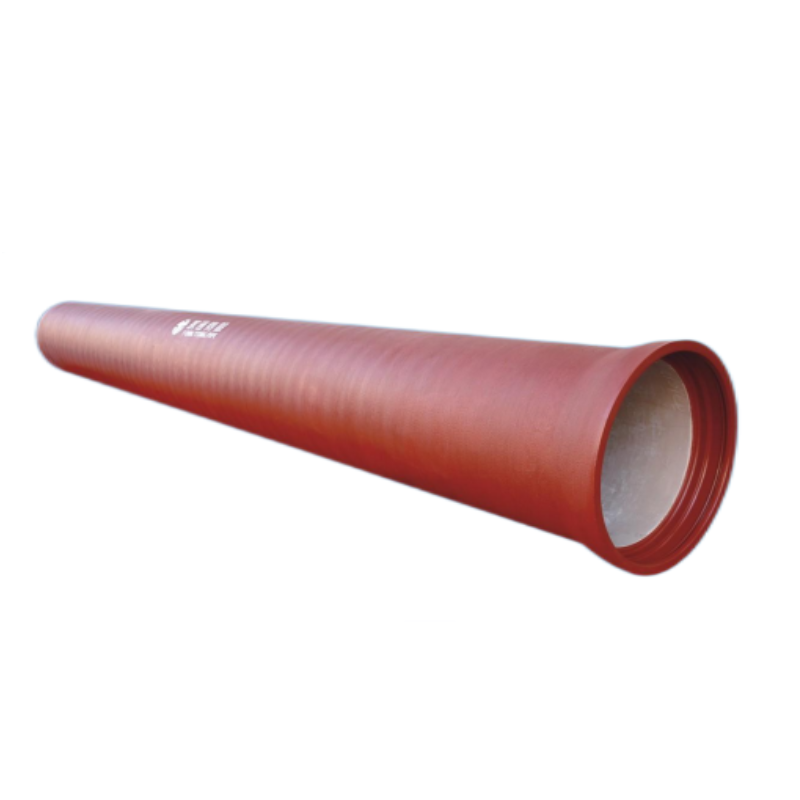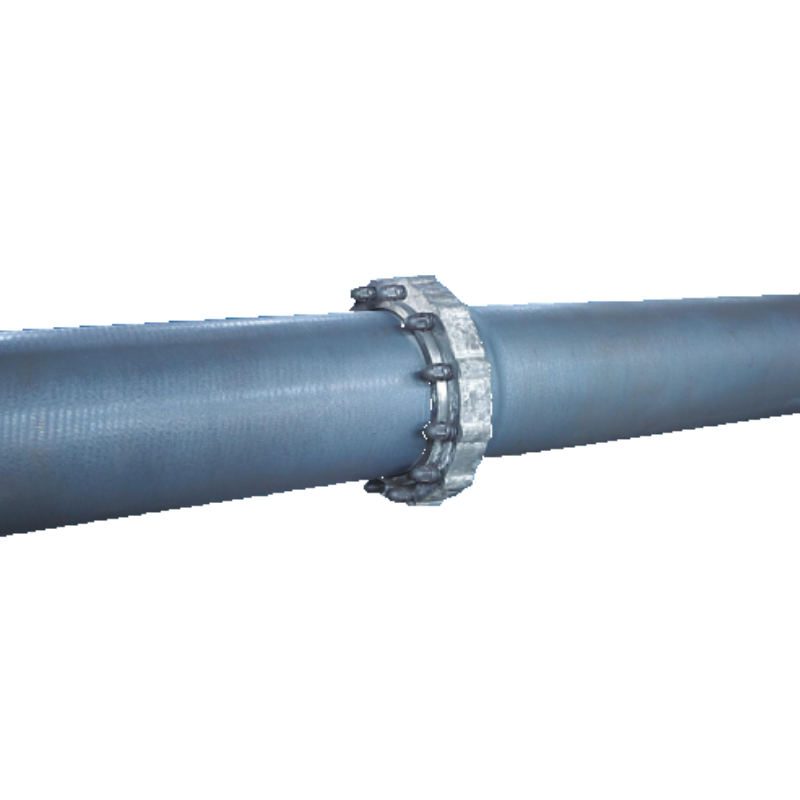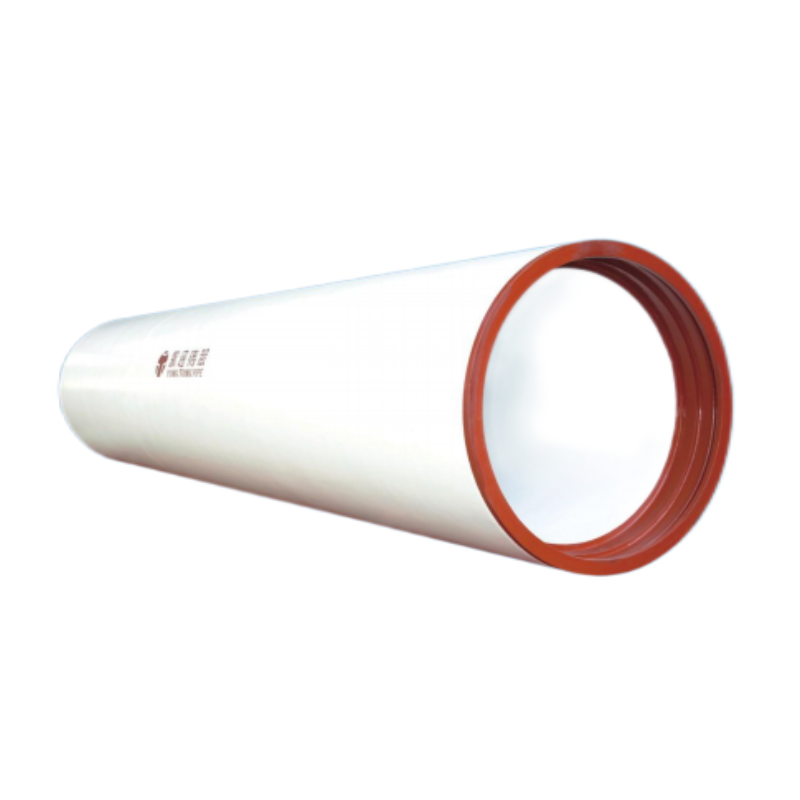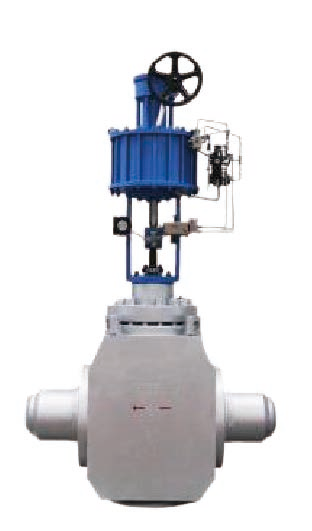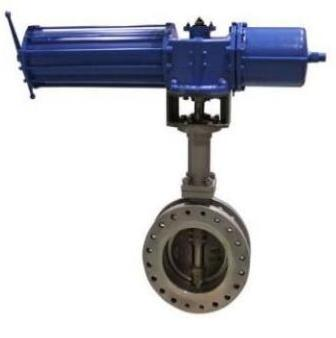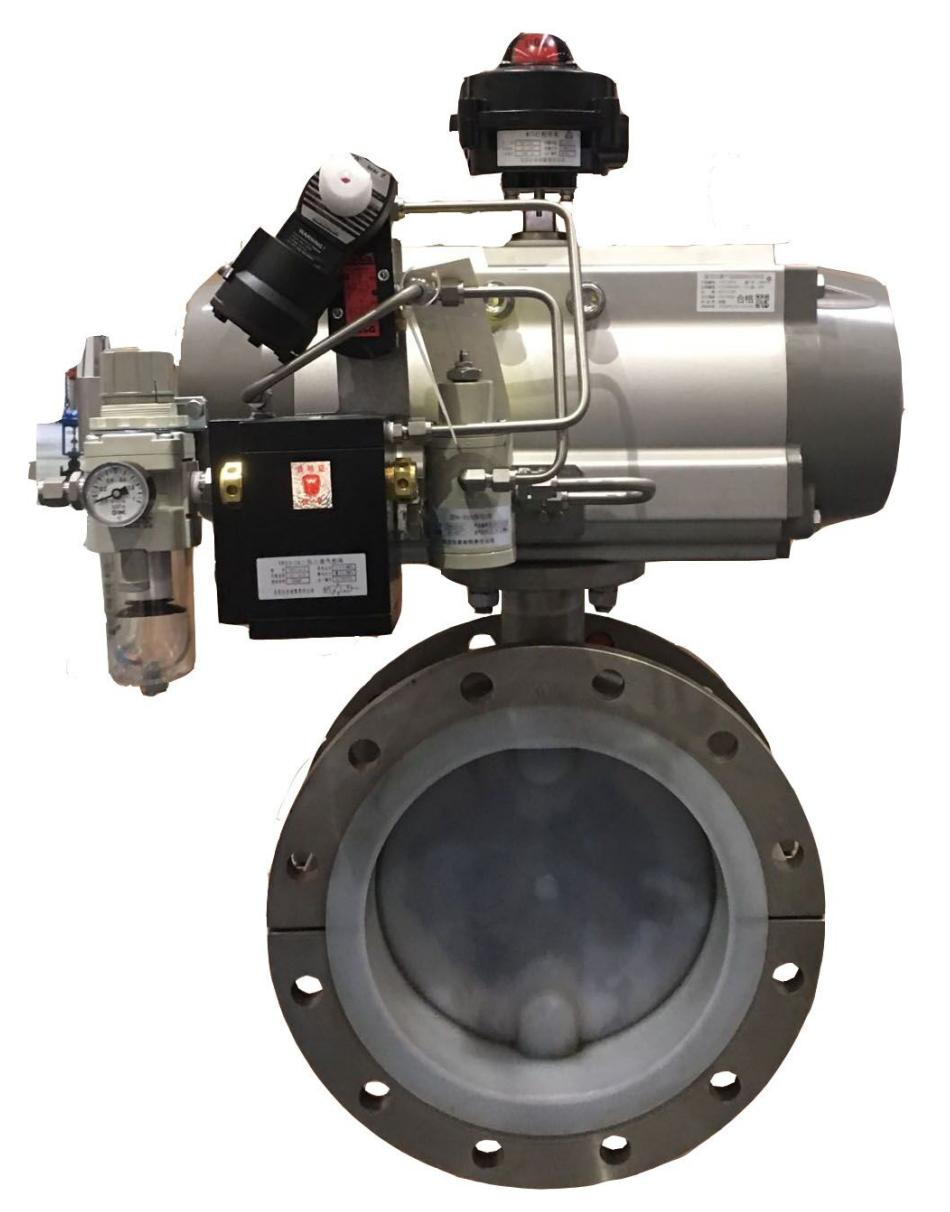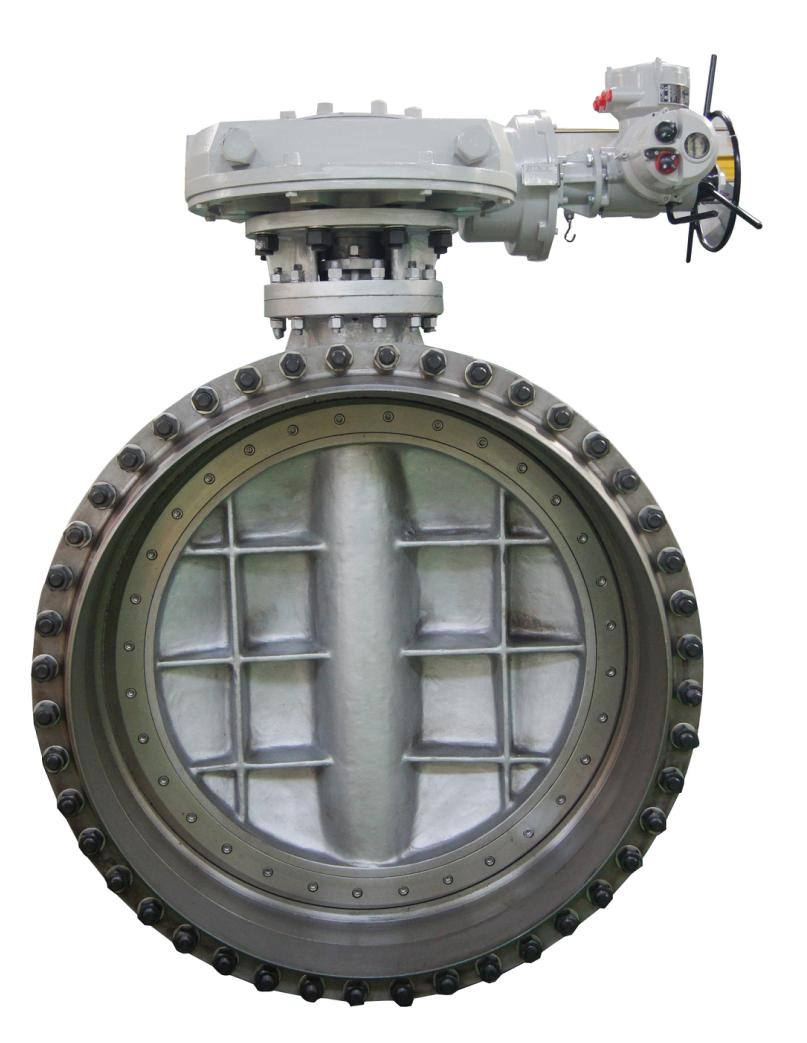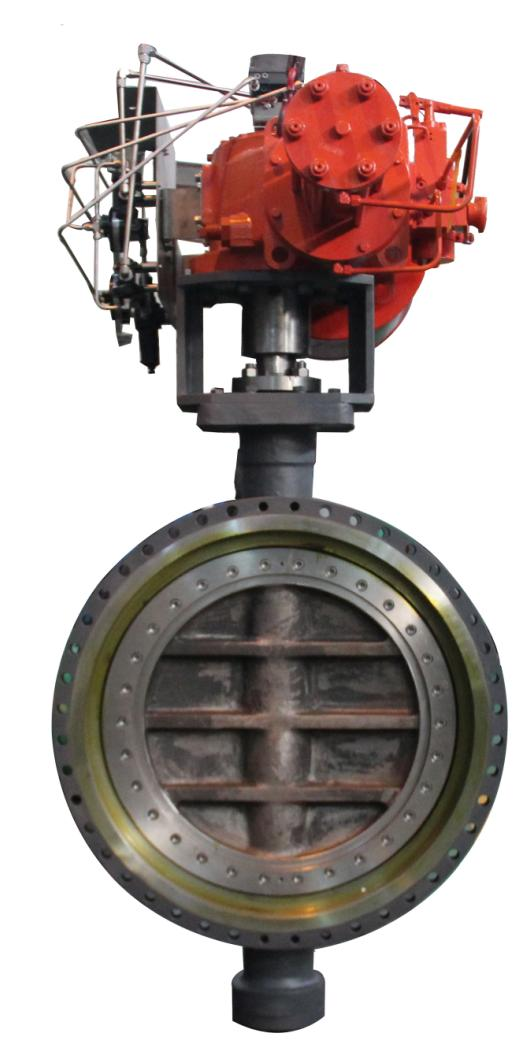Wedoany.com Report-Apr. 11, China has implemented export controls on seven additional rare earth elements, including yttrium, dysprosium, and terbium, essential for technologies like jet engines and electric vehicles. Announced in Beijing, the policy is managed by the Ministry of Commerce to regulate trade in these critical materials.
Western countries are attempting to reduce dependence on Chinese rare earths by developing new mines and recycling projects.
These elements are now on China’s dual-use export control list, requiring thorough review of buyers, especially those linked to foreign military supply chains. A ministry official stated: “These measures ensure responsible trade practices while protecting national interests.” The controls do not ban exports outright but focus on oversight of transactions to maintain secure trade flows.
The decision follows U.S. President Donald Trump’s increase in tariffs on Chinese goods, which heightened trade tensions. China’s role in the rare earth market is significant, contributing about 60% of global mined production and 90% of processing. The U.S. Geological Survey estimates annual global yttrium production at no more than 20,000 tonnes, highlighting the importance of these materials despite their small quantities.
Rare earths like dysprosium and terbium are vital for advanced technologies, such as magnets in wind turbines and components in electronics. The new controls could lead to adjustments in global supply chains, as industries rely on steady access to these resources. A Shanghai-based analyst noted: “Markets will adapt, but these changes emphasize the need for diversified supply sources.”
Western countries are pursuing new mining projects and recycling initiatives to lessen dependence on Chinese rare earths. However, these efforts are still developing and do not yet match China’s production capacity. The controls may cause short-term supply shifts, particularly for technology sectors, but exports continue under regulated conditions.
In February 2025, China introduced export restrictions on five key metals, including tungsten and indium, used in clean energy and defense industries. Earlier this month, Beijing also responded to U.S. tariffs with trade measures, reflecting ongoing economic discussions between the two nations. A trade representative in Beijing said: “Our policies aim to foster fair global markets while ensuring stability.”
China’s export controls balance trade regulation with global demand, focusing on oversight rather than disruption. Industries worldwide are monitoring the impact, with efforts underway to maintain access to rare earths essential for innovation and growth.



